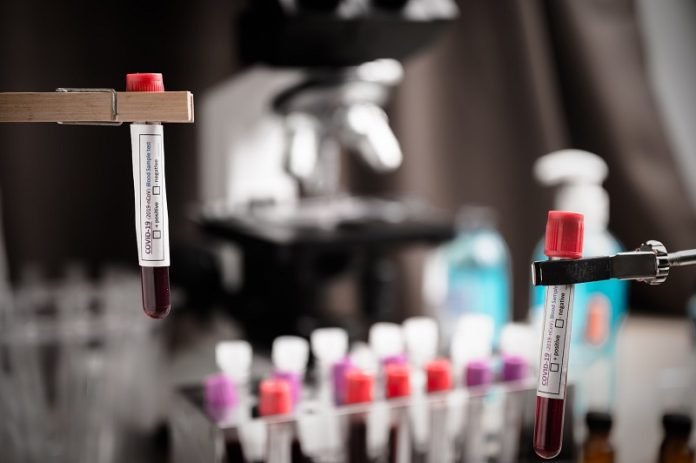
Researchers at the University of Queensland, led by Dr. Julio Aguado from the Australian Institute for Bioengineering and Nanotechnology (AIBN), have made a groundbreaking discovery.
Their study, published in Nature Aging, reveals that COVID-19 accelerates premature aging in the brain by increasing ‘zombie’ or senescent cells.
These cells, which naturally accumulate with age, are linked to tissue inflammation and degeneration, potentially leading to cognitive impairments like memory loss and brain fog.
Synthetic Brain Organoids: A Key to the Discovery
The team used synthetic brain organoids, developed from human stem cells, to study the impact of various SARS-COV-2 variants on brain tissue.
These organoids are crucial for understanding complex biological processes and for pre-clinical drug screening, offering an ethical and practical alternative to human subject testing.
In their quest to ‘reset’ the biological brain clock, the researchers screened multiple therapeutics using these organoids.
They successfully identified four drugs that selectively eliminate senescent cells caused by COVID-19: navitoclax, ABT-737, fisetin, and a combination of dasatinib plus quercetin (D+Q).
These drugs not only rejuvenated the brain organoids but also showed positive effects in a mouse model infected with COVID-19.
Implications for Neurodegenerative Diseases
This research opens new avenues for treating post-acute infection syndromes caused by viral infections like COVID-19.
The implications extend beyond COVID-19, potentially benefiting Alzheimer’s research and other neurodegenerative diseases where senescence is a key factor.
Dr. Aguado’s findings significantly advance our knowledge of the intricate relationship between viral infections, aging, and neurological health.
The study demonstrates the potential for widespread use of these identified drugs in treating persistent neurological symptoms following viral infections.
Professor Ernst Wolvetang, an expert in organoid technology at AIBN, highlights the importance of human brain models in accelerating pre-clinical screening of therapeutics.
These organoids pave the way for animal-free testing with global impacts, proving essential in understanding and treating a variety of neurological conditions.
If you care about dementia, please read studies about Research shows an important cause of frontotemporal dementia and findings of New way to detect Lewy body disease early, a leading cause of dementia.
For more information about brain health, please see recent studies about 9 unhealthy habits that damage your brain, and results showing this stuff in cannabis may protect aging brain, treat Alzheimer’s.
The research findings can be found in Nature Aging.
Copyright © 2023 Knowridge Science Report. All rights reserved.



